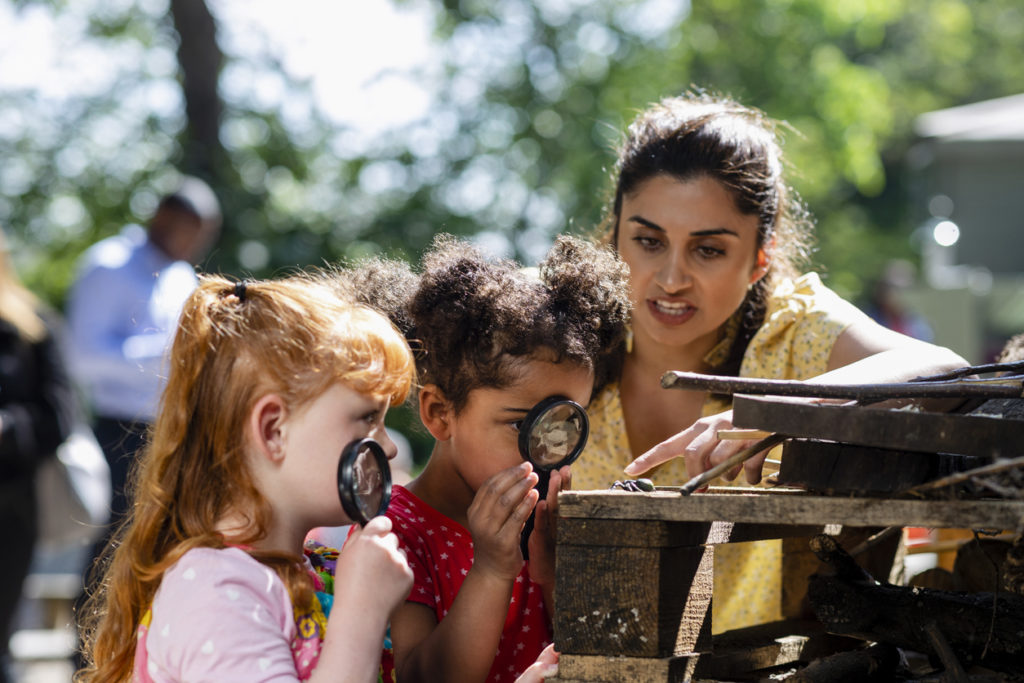A career in early childhood education is diverse, fulfilling and extremely important. The impact you can have through an early childhood education career is highly significant. By working with children and their families during the early childhood years, you will help build the necessary foundations for academic and personal development. If you are patient, nurturing, enjoy spending time with children and want a job that is truly rewarding and full of opportunities, a childhood education career might be for you!
To find out more about the benefits of pursuing a career in early childhood education, we caught up with Thuy, who is currently completing a Graduate Diploma of Early Childhood Education at Victoria University (VU). During the conversation, Thuy helped us identify the best reasons to study early childhood education.
You can make an invaluable impact
A career in early childhood education is an incredibly fulfilling job that allows you to make an ongoing impact for the rest of a child’s life. In this field, you get to play a vital role in the lives of your students as they develop, realise their own potential and become more self-sufficient. According to Thuy, she chose to pursue an early childhood education degree because it is such an essential sector.
“I want to be an educator who directly helps children grow and become the best versions of themselves,” she shares.
Thuy adds that early childhood educators can make invaluable contributions to society, particularly in shaping a child’s life, personality and growth.
Early childhood education jobs are fun
Working with children and shaping their development is not only rewarding but it’s also fun! Children typically learn through play, so you can expect to participate in a wide range of creative games and activities. Hands-on and stimulating, early childhood education jobs typically take place in bright, stimulating environments.
Thuy shares that this is one of her favourite parts of the sector: “I love to be creative and come up with new ideas. Working as an early childhood educator, I am able to create innovative and interesting activities for the children on a daily basis.”
You’ll likely enjoy job security
The National Skills Commission predicts a 21.6 per cent increase in Early Childhood (Pre-Primary School) Teacher jobs over the next four years. Given this statistic and the constant need for educators, those who pursue careers in early childhood education can feel confident and secure in their profession.
“There is an increasing demand for early childhood educators in both my country, Vietnam, and Australia. It is not difficult to find a job in this field with a decent salary and opportunities to develop,” says Thuy.
Thuy attributes the growth in early childhood education to a greater understanding of the field and its importance: “Nowadays, people are well-aware of the significant impact of education in early years, and focus and invest more on their young children’s education.”
A diverse range of career opportunities
The sector of early childhood education boasts an abundance of different career pathways and job opportunities: “In this field, you can study to be a nanny, an early childhood teacher, early childhood educator, educational leader, or even a childcare centre director.”
Clearly, an early childhood education degree can open doors for you in a variety of roles and sectors, including health and management in addition to education and care. If you become highly specialised in early childhood education through further study and/or research, you may even go on to become a lecturer, sharing your knowledge with the next generation of budding early childhood educators.
A career to suit your lifestyle
Not cut out for the 9-5 daily grind? A career in early childhood education can offer you much more flexibility and freedom.
Children often need education, care and supervision outside of the hours of the traditional working week. Additionally, many businesses and organisations in the early childhood education sector operate for 12 hours a day and sometimes on weekends. Therefore, you have more options in terms of your work schedule and the way you structure your work-life balance.





